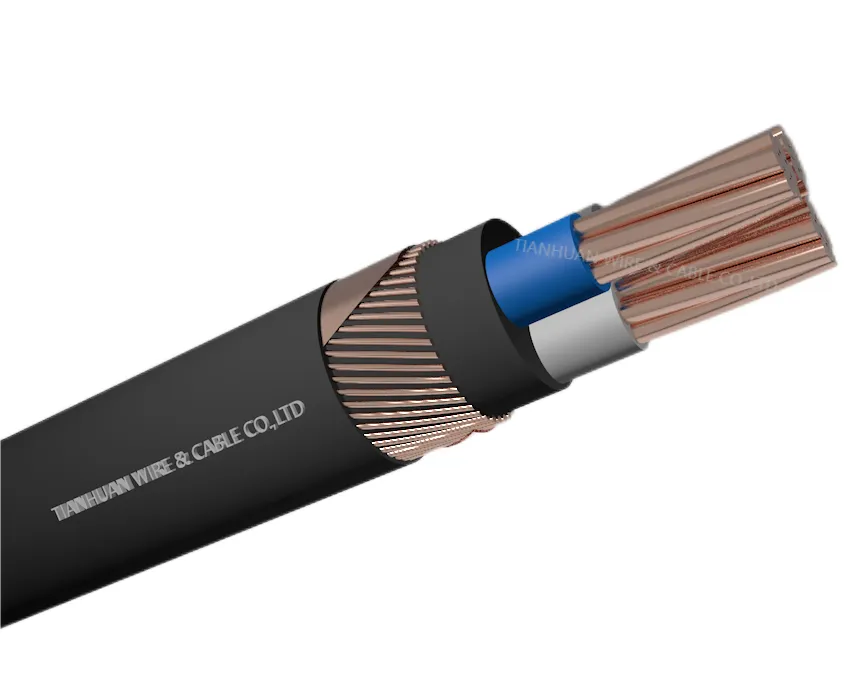
High Voltage Ignition Cable CE Certification for Enhanced Performance and Safety Standards
Understanding CE Certification for High Voltage Ignition Cables
In today's automotive industry, the reliability and safety of electrical components are paramount. One crucial element that plays a significant role in this is the high-voltage ignition cable. These cables are responsible for transmitting high voltage from the ignition coil to the spark plugs, ensuring that the engine fires correctly and efficiently. However, for manufacturers and consumers alike, understanding the necessary certifications, particularly CE certification, is essential.
What is CE Certification?
CE marking is a declaration by the manufacturer that a product meets the essential requirements of relevant European health, safety, and environmental protection legislation. The “CE” stands for “Conformité Européenne,” which translates to European Conformity. It is mandatory for certain products sold within the European Economic Area (EEA) and signifies compliance with EU directives.
For high voltage ignition cables, CE certification is particularly crucial due to the potential safety hazards associated with electrical systems in vehicles. High voltage cables must withstand extreme temperatures, resist corrosion, and handle the high electrical load without fail. Therefore, obtaining CE certification ensures that the product has been tested for quality and safety.
Importance of CE Certification in High Voltage Ignition Cables
1. Safety Assurance CE certification indicates that the ignition cables meet high safety standards. This is vital in preventing potential electrical failures that could lead to vehicle malfunctions, accidents, or even fires.
2. Market Entry For manufacturers looking to sell their products in the European market, CE marking is often a prerequisite. Without this certification, products may be barred from sale in the EU, limiting market access and growth.
3. Consumer Trust With rising consumer awareness regarding product safety and environmental impacts, having CE certification can enhance brand reputation. Consumers are more likely to trust products that are verified to meet stringent safety and quality standards.
4. Regulatory Compliance The automotive sector is subject to extensive regulations. CE certification ensures compliance with various directives, such as the Low Voltage Directive (LVD) and the Electromagnetic Compatibility (EMC) Directive, which govern the safety and performance of electrical equipment.
ce certification high voltage ignition cable

The Certification Process for High Voltage Ignition Cables
Obtaining CE certification involves several key steps
1. Product Assessment The manufacturer must conduct a detailed assessment of their ignition cables, ensuring that they comply with the relevant EU directives. This includes testing for electrical insulation, temperature resistance, and mechanical stability.
2. Technical Documentation This includes creating a technical file that documents the design, production process, and tested standards of the ignition cables. It should also contain risk assessments and conformity evaluations.
3. Third-Party Testing Depending on the product and applicable regulations, third-party testing by a recognized Notified Body may be required. These organizations help ensure that the product meets all necessary standards before it can receive CE marking.
4. Declaration of Conformity Once all tests are passed, the manufacturer can draft a Declaration of Conformity, affirming that the product fulfills all relevant standards and directives.
5. Affixing the CE Mark After completing all the above steps, the CE mark can be affixed to the ignition cables, allowing them to be marketed within the EU.
Conclusion
High voltage ignition cables are a critical component of modern vehicles, and their reliability cannot be overstated. The CE certification process ensures that these cables meet stringent safety and performance standards, providing peace of mind to manufacturers and consumers alike. In an industry where safety is non-negotiable, understanding and obtaining CE certification is not just beneficial but essential. As we continue to advance technologically, the importance of compliance and safety will remain at the forefront, influencing how products are designed, manufactured, and utilized in the automotive sector.
-
The Quantum Leap of XLPE Cable in Power DistributionNewsMay.29,2025
-
Mastering the Essentials of Building WireNewsMay.29,2025
-
Innovative Horizons of Rubber Trailing CablesNewsMay.29,2025
-
Exploring the Versatile World of Rubber CablesNewsMay.29,2025
-
Decoding the Mysteries of Building CablesNewsMay.29,2025
-
Advancements Redefining Control Cable TechnologyNewsMay.29,2025
-
Why It's Time to Replace Old Rubber CablesNewsMay.28,2025














